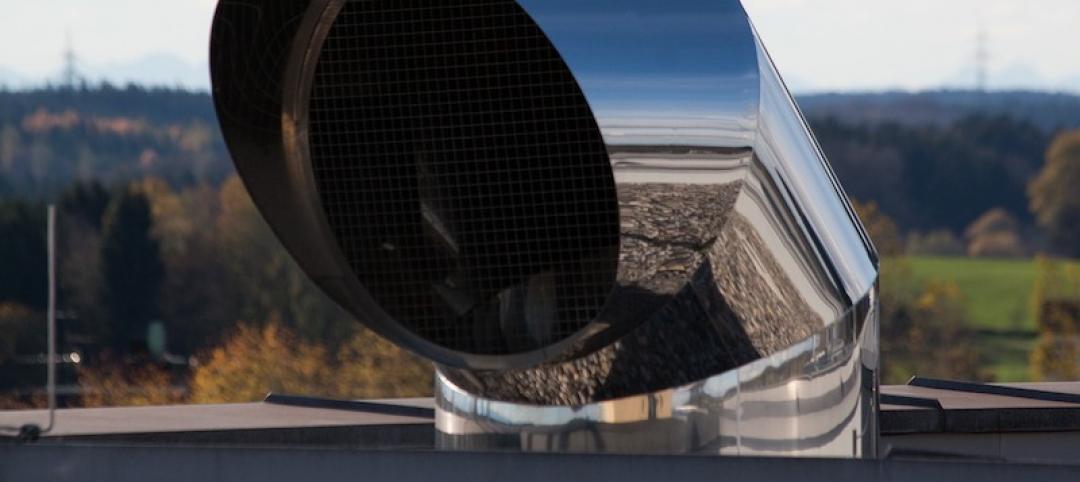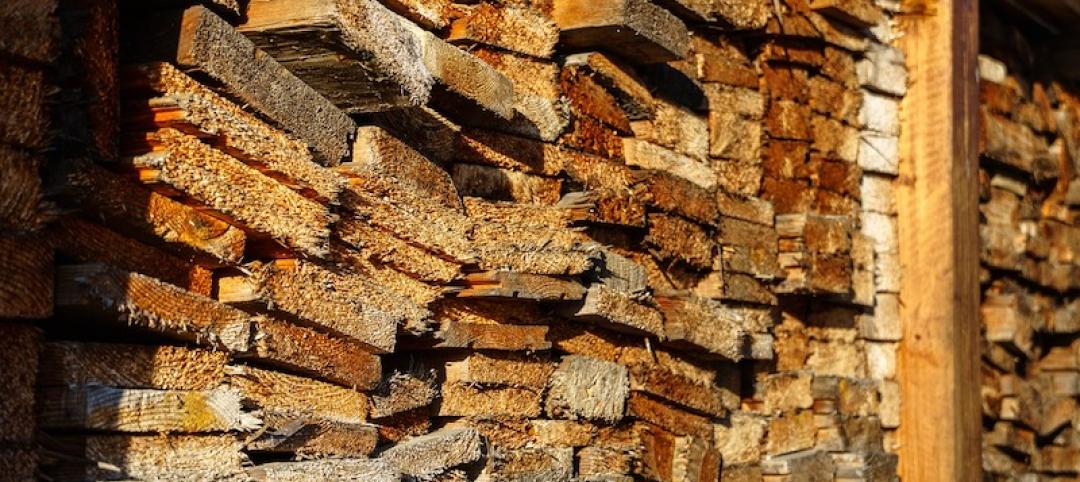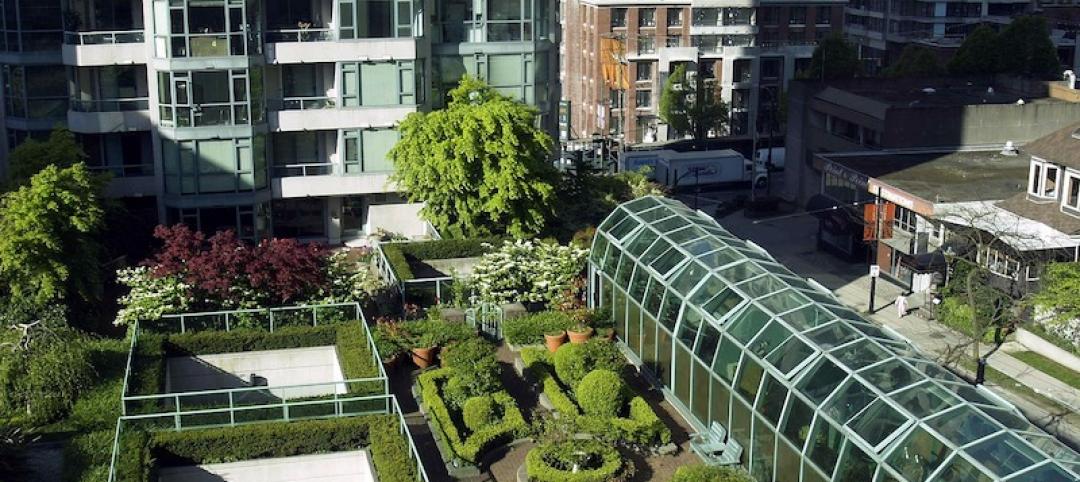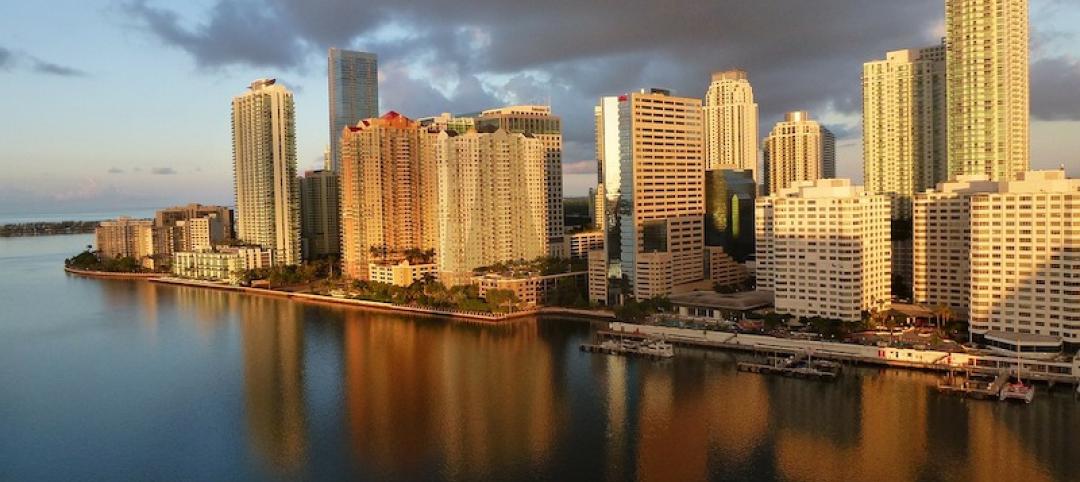An ambitious experiment in Fort Collins, Colo., is supporting development of the nation’s first major urban zero-energy district. The Zero Energy District (ZED) project composed of five businesses was able to cut its peak-load energy demand more than 20% over four weeks. The long-term goal of a ZED is for power users to produce as much energy in a year as they collectively need to draw from the grid. A key element of a ZED entails having the utility signal the customer to cut back usage—such as intermittently shutting down air conditioning or heating of certain spaces—when the ZED’s overall demand approaches peak levels. The participants installed smart energy meters and other control mechanisms, giving access to data that monitored electricity usage and pricing.
Related Stories
Codes and Standards | May 18, 2021
Cross-laminated timber performs better than expected in shear test
Tests conducted in support of new criteria for design of CLT diaphragm.
Codes and Standards | May 17, 2021
Latest Manual on Uniform Traffic Control Devices criticized for not considering bikes, pedestrians
More than a dozen advocacy groups want feds to start over.
Codes and Standards | May 13, 2021
LEED-certified federal buildings don’t use less energy than average
May be due to trade-offs on how score is developed.
Codes and Standards | May 12, 2021
White paper examines how to reduce pathogen transmission in ventilation
Pressure barriers and airflow distribution can be effective in existing buildings.
Codes and Standards | May 11, 2021
Pressure builds on White House to rein in cost of lumber
Spike in prices has added nearly $36,000 to price of average new home.
Codes and Standards | May 11, 2021
Residential codes should be upgraded to protect from cooking pollutants
Report examines ventilation standards, calls for increased public awareness of issue.
Codes and Standards | May 6, 2021
Blue roofs can provide relief to overwhelmed stormwater systems
Benefits most evident in industrial commercial areas.
Codes and Standards | May 5, 2021
Majority of schools took steps to improve air quality during pandemic
Districts still have unmet needs, face high costs and outdated building infrastructure.
Codes and Standards | May 4, 2021
Cost to keep Miami dry over next few decades is $4 billion
Rising seas demand big investment.
Codes and Standards | May 3, 2021
Fire stops critical to preserving three-decker housing
Old multi-family structures continue to provide badly needed homes in urban zones.
















